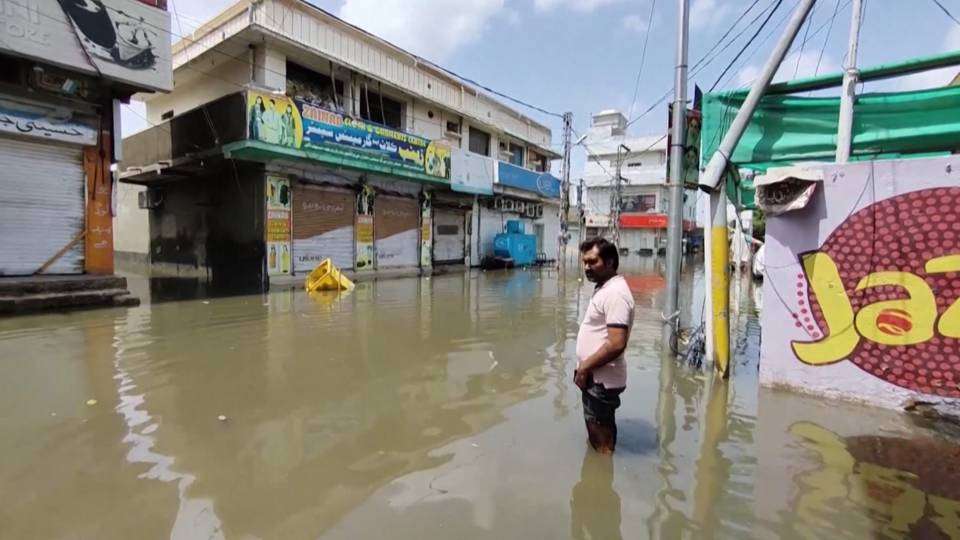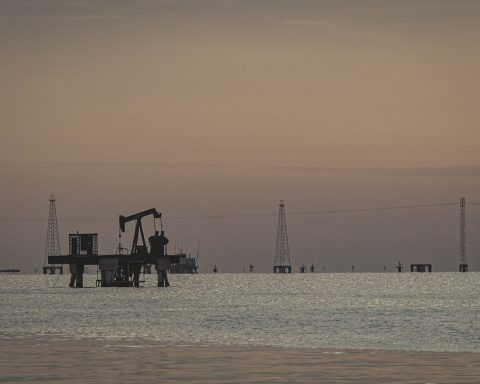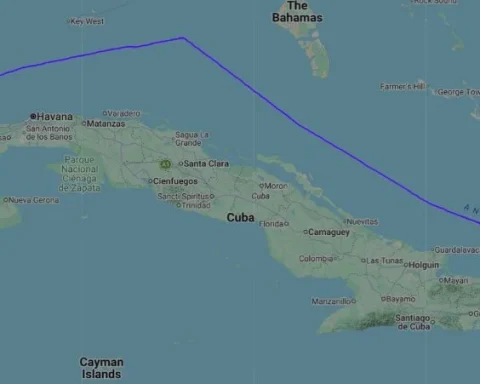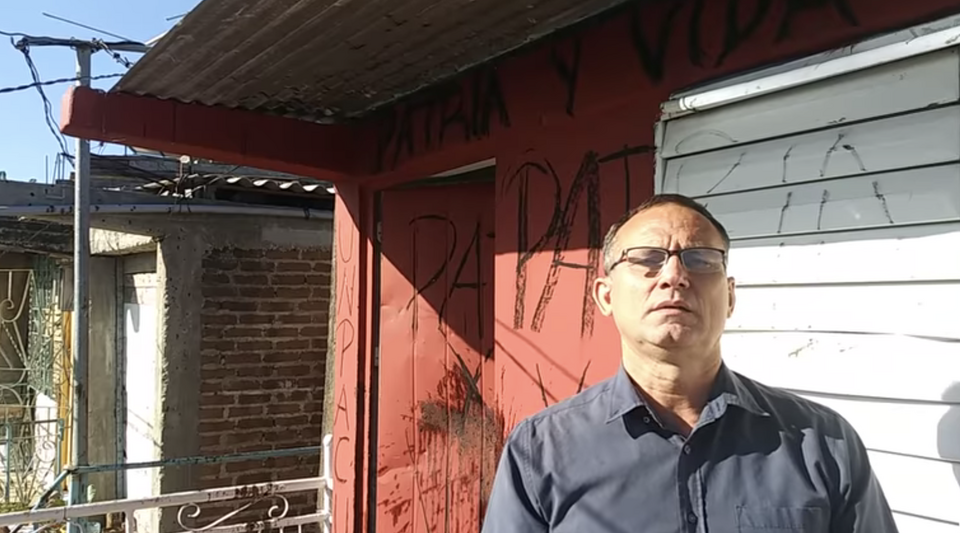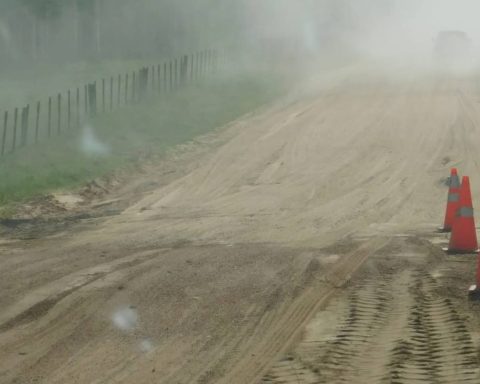A major rescue operation was underway in Pakistan on Monday as international aid began to arrive to deal with floods caused by monsoon rains that have killed more than 1,061 people.
Beginning in June, the monsoon rains are “unprecedented in thirty years,” Prime Minister Shehbaz Sharif said during a tour of hard-hit areas in the north to direct relief operations.
More than 33 million inhabitants have been affected by the floods. About a million homes were destroyed or damaged, according to the government.
The authorities continued to try to gain access to isolated villages in the mountainous areas of the north of the country, raising fears of an increase in the number of victims.
This year, Climate Change Minister Sherry Rehman called it the “monster monsoon of the decade.”
This year’s rains are comparable to those of 2010, which killed some 2,000 people and left nearly a fifth of the country inundated.
Pakistani experts attribute these extreme phenomena to climate change and assure that the country suffers the consequences of irresponsible environmental practices in other parts of the world.
The government declared a state of emergency and asked the international community for help. On Sunday, the first flights with humanitarian aid arrived, from Turkey and the United Arab Emirates.
These floods occur in a very difficult context for Pakistan, whose economy is on the ground and is going through a deep political crisis, after Prime Minister Imran Khan was ousted in April by a vote of no confidence in Parliament.
